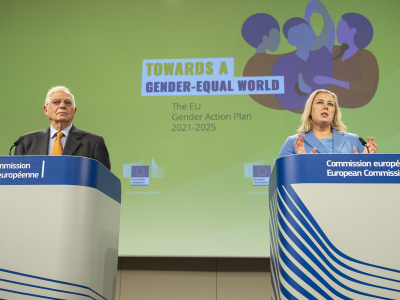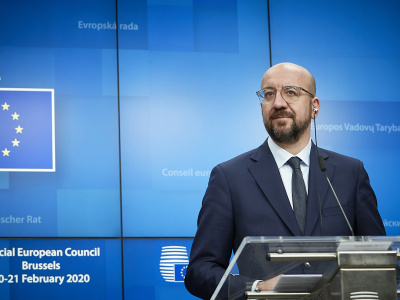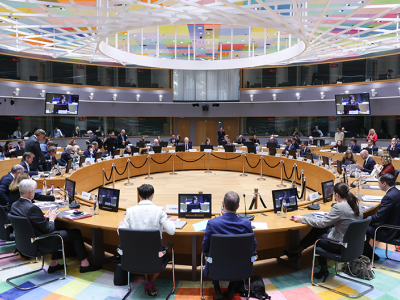Dear EU leaders,
Multilateralism and global governance are under unprecedented attack. The norms, rules and institutions established in the aftermath of World War II are being questioned to the core. Yet, multilateralism is needed now more than ever before. There are no global challenges worthy of the name that can be met through unilateral or even bilateral action. This was indeed the spirit that inspired the international community to commit to the Sustainable Development Goals (SDGs) and the Paris Agreement on climate in 2015. Rekindling that spirit and propelling it forward, towards effective implementation, is the defining task of our age.
Against this backdrop, we worry that Italy’s voice will not be heard globally. Only within the EU, which itself represents the most radical form of multilateralism worldwide, can we hope and expect to make our voice heard in multilateral forums at the global level.
Multilateralism means being part of an international community where common challenges are understood to need collective responses. A ‘politics of belonging’, as set out by George Monbiot, provides a lens for reading threats and opportunities that will confront the EU and its future leadership. This means belonging to a community where no one is left behind, where the Union is strong enough to listen to all its citizens and member states through participatory processes while at the same time acting externally in a humble yet determined manner.
Irreversible consequences
In the words of Nigerian writer Ben Okri, “Nations and peoples are largely the stories they feed themselves. If they tell themselves stories that are lies, they will suffer the future consequences of those lies.”
Some choices faced today by the international community have intergenerational effects. Nowhere is this clearer than in climate change. Italy has maintained a balanced position in this respect, but that is not enough. Our daughters and sons are rightly making their protests heard. Our actions so far have been woefully insufficient. The EU is playing a leading role in global climate policy, but more radical approaches are needed. The Union needs to be a pioneer in this fight, harnessing the potential of external cooperation, including robust financial commitments to narrow the gap between aspiration and action.
Migration and social cohesion
Anti-migration narratives and fixations are dominating our domestic politics and public debate. Our country feels that it has been left to carry the responsibility of migration flows with little solidarity from other member states. This rhetoric is seriously imperilling Italy’s sense of belonging to the European project. The consequences could be devastating, first and foremost for Italy, but also for the continent as a whole.
The EU should do more to respond to the growing sense of insecurity and, at the same time, react to counter populist actions and responses. We understand the need to address public concerns, thereby increasing EU funds devoted to migration management. Yet, security cooperation with countries of origin and transit is but one, fairly small, component of an effective migration policy. Effective migration policy requires a complex package of agreements with countries of origin and transit, featuring security cooperation alongside development, trade, diplomacy and, crucially, labour migration too.
On the Italian side, the adoption of the Global Compact for Migration – and not only of the Global Compact on Refugees – will allow us to move in this direction. Moreover, migration management is but one of the several foreign policy goals pursued in any given country or region. The aim of governing migration to the EU should not nullify or trump other foreign policy priorities, including poverty reduction, conflict prevention, peacebuilding, human rights, climate mitigation and energy transition.
The way ahead
The new European Parliament has five years of work ahead. As the directly elected voice of EU citizens, European representatives can play a pivotal role in constructing a European “politics of belonging” as their standard way of operating, with Italian contributions. We need concrete steps. The SDGs need to become an internal and external organising principle for the future. Progress on this so far is insufficient. A step change is necessary. The EU needs a robust budget for external action in the new multi-annual financial framework. The Commission’s proposal for a €30 billion increase in funds for external action is highly welcome in this regard.
In this context, a joined up approach to development is necessary. This is what both the SDGs and the EU Global Strategy are all about. But a joined up approach does not mean the collapse of all components under a single heading, which is in turn captured politically by the issues of the day. It involves the far more complex, lengthy and, yes, at times irksome process of working together, acting multilaterally within the EU to be an effective multilateral player on the world stage.
About the author
Nathalie Tocci, Director of the Istituto Affari Internazionali (IAI)
@NathalieTocci
Read the full magazine issue









